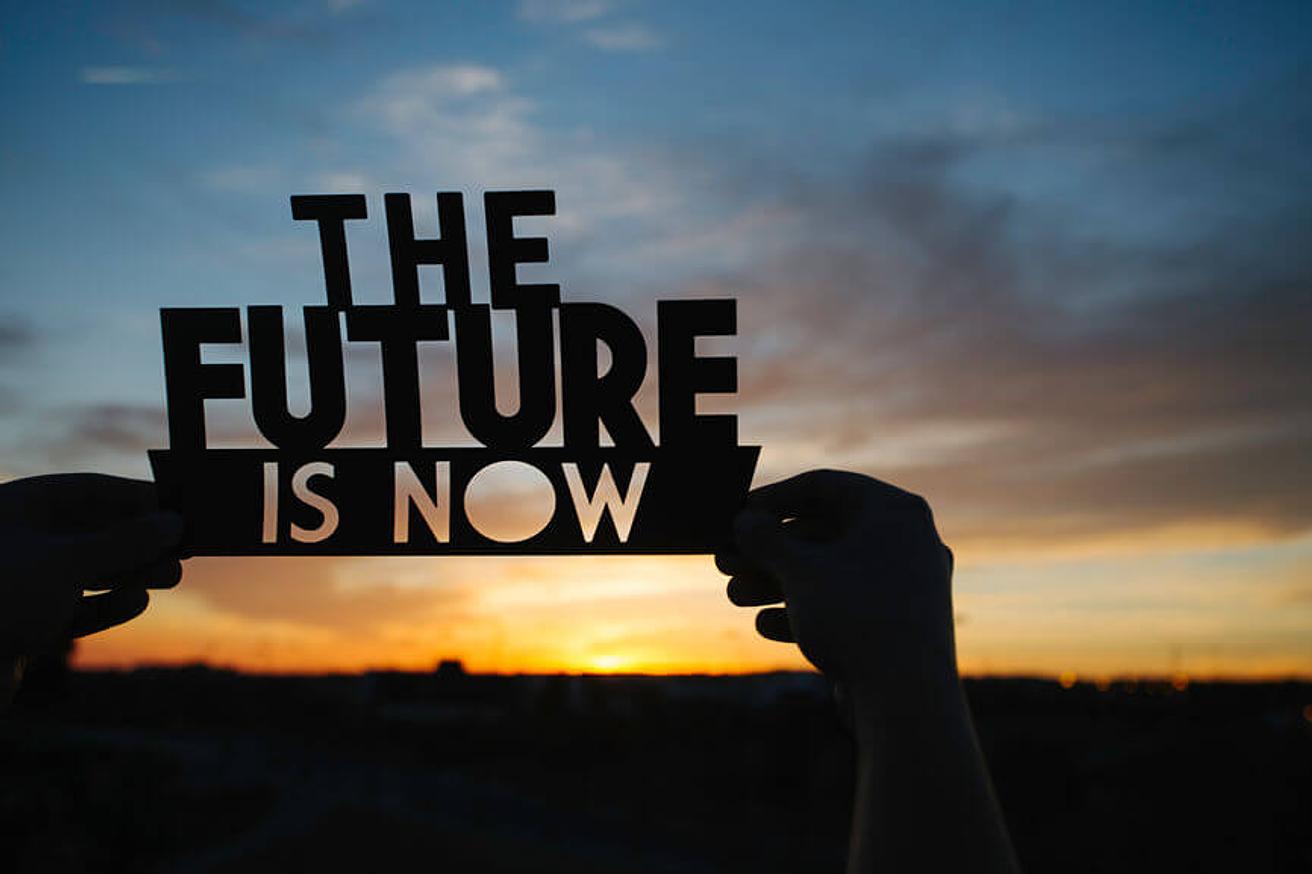As a Sustainability Educator, from a global perspective - where everything is interconnected and everyone is interdependent with everyone else, I believe we should guide the youth to coexist. How? Through love, empathy, compassion, companionship, solidarity, cooperation, tolerance, nonviolent communication and so many others social, ethical, and emotional skills as well as wise habits like being mindful and alert, enthusiastic, calm and focused.
In the book Pedagogy of the Oppressed (1968), Paulo Freire, a distinguished Brazilian educator and a philosopher, wrote
I have spent much of the past two years in Europe, Asia and Oceania living at eco-villages and working as a volunteer for impact sustainable communities, NGOs, social and educational projects across the globe, learning and sharing innovations in Education and Sustainability.
My purpose is to establish a sustainable school in Brazil that will be for all, based on Gaia Education principles - an international NGO which provides students of all ages and cultural backgrounds with knowledge and skills to design a thriving society, teaching the students how to use energy and resources with greater efficiency, distribute wealth equitably, and make quality of life the focus of future thinking.

How can we broach the subject of sustainability in schools?
- As a World Traveller, I do love the Compass Education initiative, which grew out of AtKisson Group, led by a core group of enthusiastic educators. “The Sustainability Compass is a widely used sustainability framework in business, local government, education, research, and development settings. The Compass uses a familiar compass format but converts the four directions - North, South, East and West - into the four key aspects of systemic sustainability: Nature, Society, Economy, and Wellbeing”. It is a free and an easy-to-understand tool for introducing people to Sustainability. Green School Bali uses this framework.
- As a Change Agent, I am inspired by global educational projects dedicated to responding to a call to action within education to meet the Sustainable Development Goals and to contribute to the 2030 Agenda, getting educators off the path of the discouragement and onto the path of possibility and hope.
According to Alan AtKisson, The Sustainability Compass Creator, a change agent is a person who is promoting good and new ideas; and helping them spread and get anchored in society and systems around the world, or in your own community or in your home. The Project Everyone: World's Largest Lesson - United Kingdom encourages children to take action!
- As a Nature Lover, I have the Forest Schools as an inspirational process, "that offers ALL learners regular opportunities to achieve, develop confidence and self-esteem, through hands-on learning experiences in a woodland or natural environment with trees". It is an ethos and consists of principles, it is not a building or a place and it is not a static program or step by step process of working. Forest School approach enables children to explore themselves and their abilities, working with others and using the environment as a "work space", where programs cross the seasons. Talking Tree Hill One Day School from Auckland, New Zealand has this concept as one of their offerings and it is a great example of this innovation in action.
Researches show that studying in a green environment brings significant benefits to children’s intellectual and emotional development. If we want children to flourish, says educator David Sobel, we need to give them time to connect with nature and love the Earth before we ask them to save it. (1998)

- As a Sensitive Individual, I am fully connected to the Holistic Education which learners can reach an emotional maturity to create a happy life for themselves and those around them, and to contribute positively to the society in which they live through mindfulness practices and emotional awareness. The Royal Academy, a residential school in Bhutan, has developed a holistic curriculum focusing on the 5 Areas of Development (cerebral, physical, emotional, spiritual and social).
- As a Dreamer, like John Lennon, I imagine and hope the world will be as one, all the people living life in peace, sharing all the world. That is really possible! I have already experienced it at different International Schools and United World Colleges, where students from all quarters live and learn together, exploring how they can contribute to a more peaceful and sustainable world, where their pedagogical concept focuses on the benefits of the diversity and experiential learning. Initiative for Peace in Singapore trains young people to become peace-builders.
- As an eternal Child, I am passionate about Steiner’s theory of child development. Waldorf Schools are celebrating 100 years in 2019! Interest in Waldorf Education is evident in about half of all the world´s nations (about 100 countries), independent of language, religious affiliation, or political situation. It has become the largest free school movement in the world, a huge community making an extraordinary commitment to support children access learning through art, music, handwork, movement, speech, reading, storytelling, hands-on experimentation, practical life skills, and connection to nature.
All the innovations above are evidences that students can learn and collaborate globally; and powerful ways of making them globally literate in an increasingly globalized world. Have you explored them yet?
Explore more impactful & scalable education innovations from our Sustainability Spotlight, global HundrED 2018 and HundrÉD 2019 collections.



